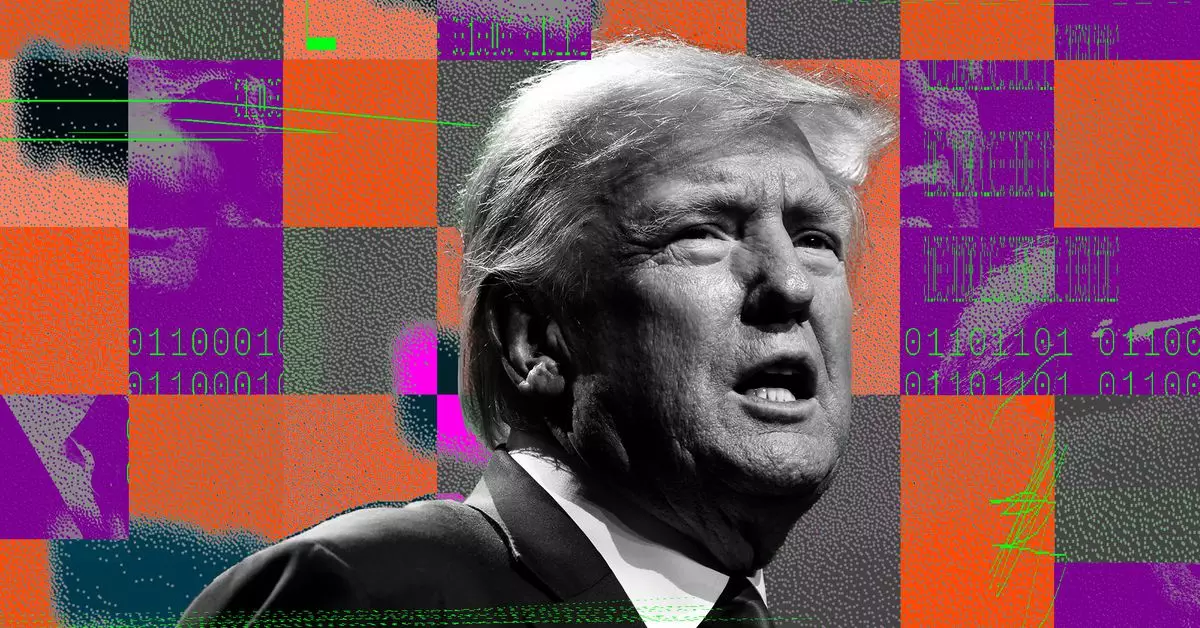Recent events have illuminated the ongoing threats posed by international cyber actors, with a prominent incident involving a cyberattack on the 2016 presidential campaign of Donald Trump. The U.S. Department of Justice (DOJ) has charged three Iranian nationals accused of executing this high-profile breach. These individuals have been linked to the Islamic Revolutionary Guard Corps (IRGC) of Iran, which is notorious for its cyber warfare capabilities. This incident not only highlights vulnerabilities within political campaigns but also raises serious questions about the integrity of democratic processes in the face of foreign intervention.
The hackers employed sophisticated tactics, predominantly social engineering and spear phishing, to infiltrate the accounts of campaign officials. By manipulating human behavior, they were able to extract sensitive information and penetrate security measures. The use of these deceptive methods underlines one of the central challenges in cybersecurity: despite advanced technology, the human element remains the weakest link. Once the hackers gained access, they allegedly pilfered internal campaign documents and communications, subsequently distributing them to the media. Their ability to execute this breach raises alarms about the security protocols surrounding sensitive political information.
The indictment describes the hackers’ connection to Respina Networks, an Iranian internet service provider purportedly facilitating their activities by providing unrestricted internet access. This aspect emphasizes the importance of understanding how nation-states leverage organizational infrastructures to advance their cyber objectives. Additionally, the hackers utilized commercial VPN services to obfuscate their online activities, demonstrating resourcefulness and an understanding of the digital landscape. They even created fictitious domains, using misleading names like “tinyurl.ink” and “mailer-daemon.online,” to further their deceit. This level of planning reveals a structured approach to cyberattacks, often backed by state resources.
Repercussions and Responses
While the indictment charges the trio with serious offenses including wire fraud and material support to a terrorist organization, the implications extend far beyond legal ramifications. Assistant Attorney General Matthew G. Olsen emphasized the severity of the attack, framing it as a blatant assault on U.S. democracy. The international community, especially in the context of U.S.-Iranian relations, may need to scrutinize this incident as a catalyst for heightened tensions. Such cyber operations complicate diplomatic interactions and create an atmosphere of distrust.
Moreover, the U.S. Treasury Department’s offer of a $10 million reward for information about the hackers underscores the urgency with which the government is treating the issue of cyber threats. It serves as a reminder of the collective responsibility shared among organizations, governments, and individuals to prioritize cybersecurity. As evidenced by this incident, not only political entities but also the general public must cultivate awareness and actively engage in practices that reinforce cyber resilience.
The indictment of these Iranian hackers illustrates a worrying trend where cyber threats intersect with political processes, posing risks to the foundational structures of democracy. It calls for an urgent, cohesive effort to fortify digital defenses and fosters dialogue about combating foreign interference in a rapidly evolving cyber landscape.

